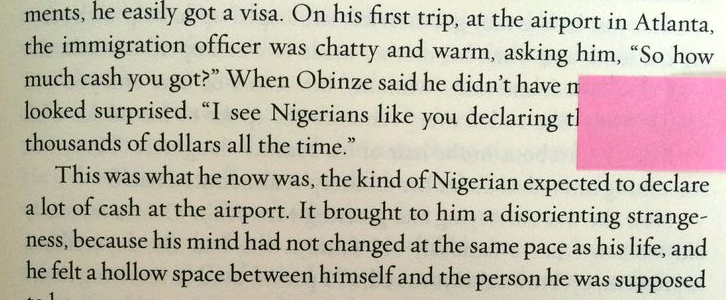My Uncertainty
/What does it mean to know somethning? How can I know if I know it? How can I know if I'm teaching it? When and how do I determine whether my students have learned it? Is there such a thing as "it"?
I took my title from a book I'm reading, My Dyslexia, by Philip Schultz, founder of the Writer's Studio, an organization in New York that offers courses in creative writing. I am starting one of their online courses now; it's about how to teach creative writing to students with LD.
Schultz discovered he was dyslexic when his son was diagnosed with it as a second-grader; at that point, Schultz was 58 and was already an accomplished poet. Reflecting on his youth with this knowledge, he writes,
I understood that I was different from other kids. I lived in a world of differences measured not by appearances, wealth, or even intelligence. The world I lived in involved struggle for control over my thoughts and actions. My differentness felt freakish. My brain wouldn't obey me, nor my parents or my teachers ... Everything a teacher said would make me angry and distracted ... I hated rules and tests of all kinds. I almost never understood what was being asked of me, and I almost always suspected its motives. (37)
That's terrible enough, but to not have a reason must have been agonizing. No recognition that it wasn't it his fault, no affirmation that he wasn't stupid.
That's part of why I want to take this course, to do everything in my power not to recreate this experience in my classroom. Of course, my students' circumstances are vastly different from his in that they are in a supportive enivronment, are recognized for their strenghts, and the whole school works to meet their differing needs. Nevertheless, learning can be so arduous. My fear is that my students, or any LD students, will lose their inherent curiosity the longer they remain in school.
How do I know if they're learning in such a way that will allow them to be open to future learning? Do I present them with facts to memorize? Do I provide opportunities for discovery? Do I model, and model, and model? But what if that leads only to copying? I want to know how to teach thinking, and I feel confident that teaching writing is the best access we have to thinking, the closest thing we have to evidence or verification of thought processes.
I'll leave you with Schultz; here he expresses the sheer challenge of understanding how his mind operates:
It's a tricky business, trying to understand the labyrinthine and subterreanen circuitry of one's own mind, tricky but also necessary for someone for whom thought itself must often be translated, interpreted, and censored before being transmitted. part of me has always lived in fear of the way my mind thinks, and behaves, as if it weren't entirely in my control, or belong to someone who wasn't always sympathetic to me. It's a fear as old and helpless as my earliest perception of myself. (41)




















